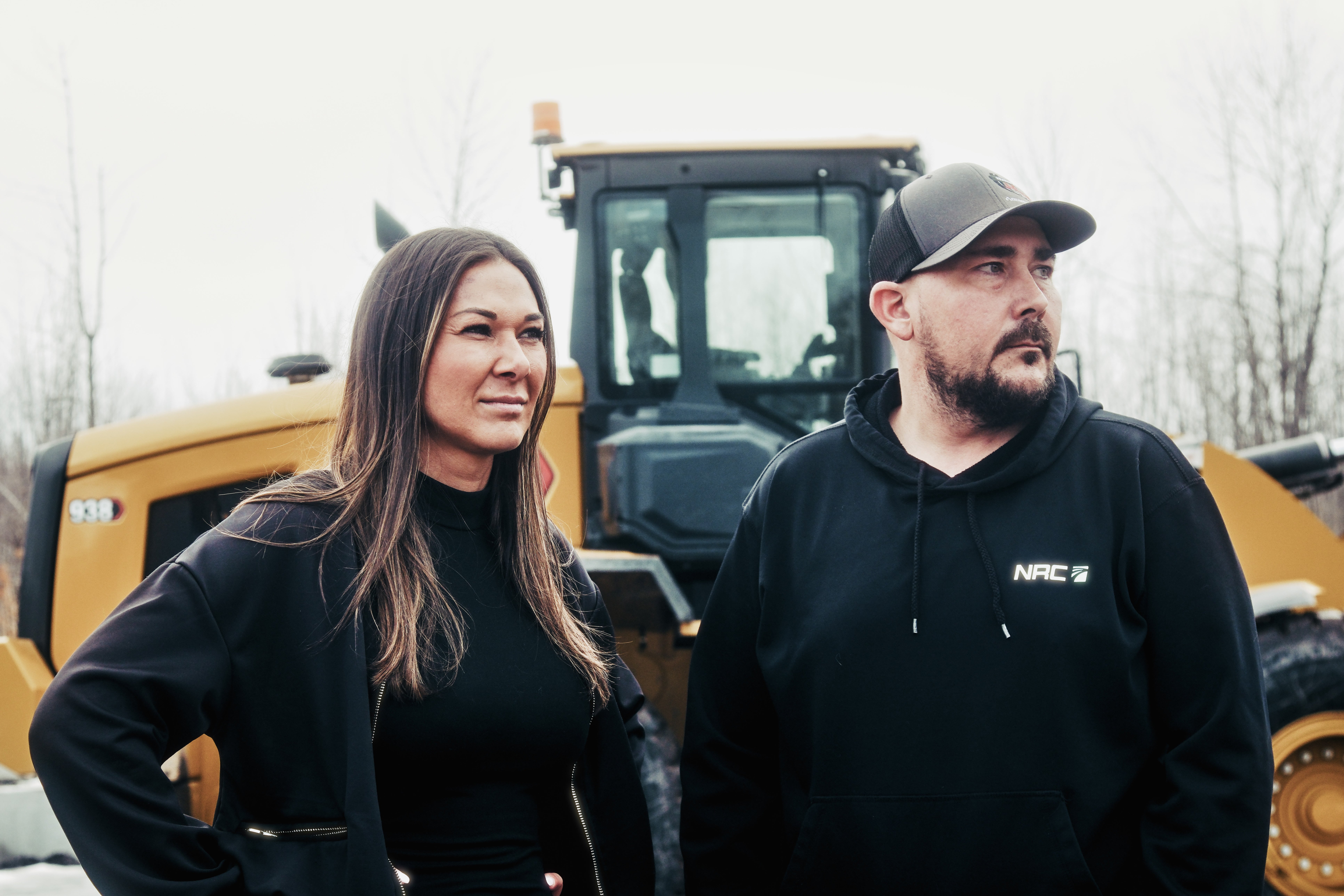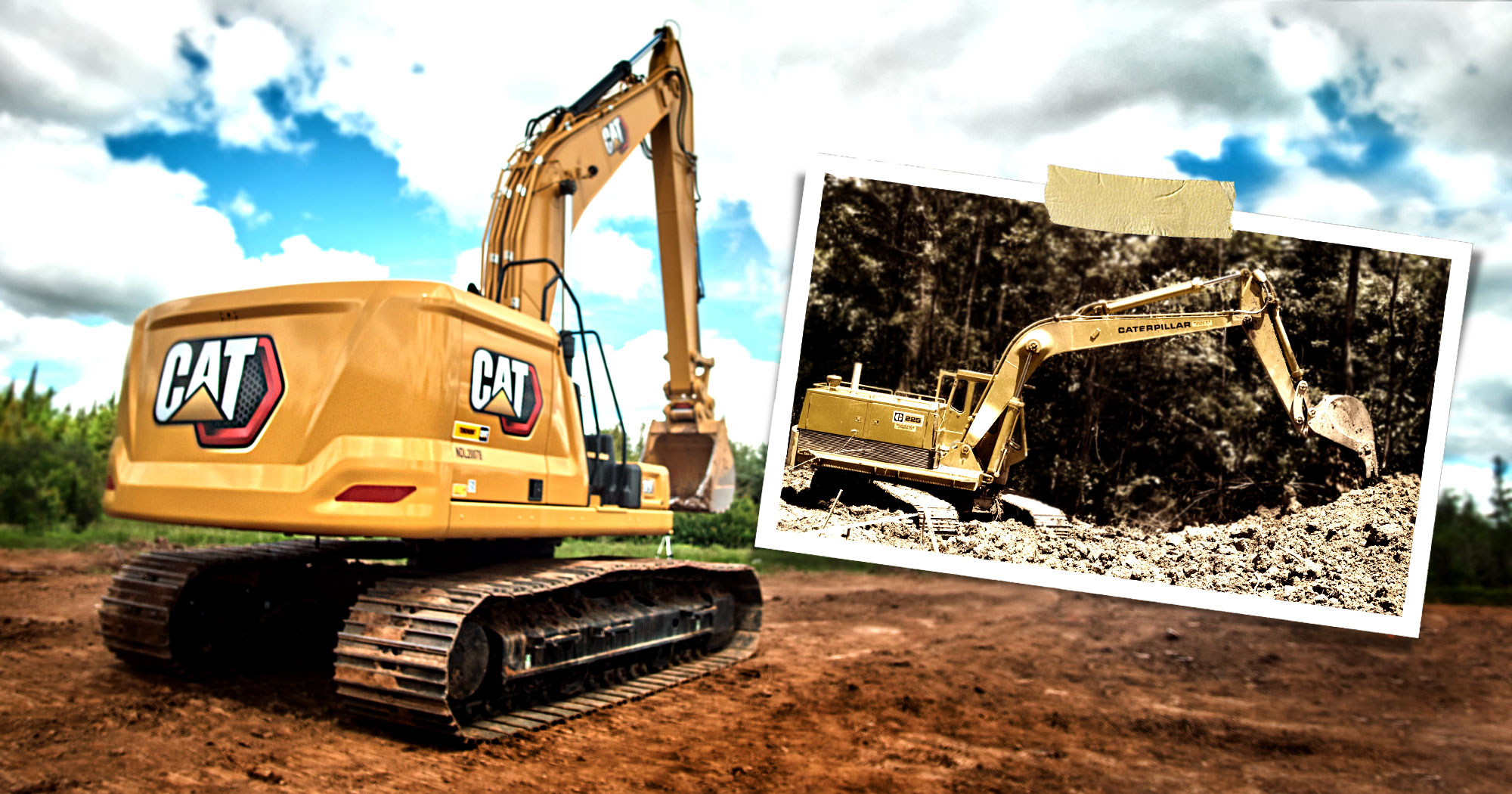.jpg)
Becoming more efficient lets you maximize your productivity. And being more productive lets you fulfill more orders and get more contracts. The goal is to make more money, isn’t it? To do so and keep up your profitability, start by asking yourself a few key questions.
 Are you using the right bucket size?
Are you using the right bucket size?
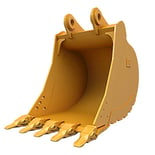 With buckets, bigger isn’t necessarily better. First ask yourself:
With buckets, bigger isn’t necessarily better. First ask yourself:
- What kind of material are you loading?
- Where and with what kind of ground are you working?
- What is the nature of the project and when is the delivery date?
Once you’ve answered these questions, you’ll have a better idea of what’s required, which will help you avoid bad loader or excavator/truck combinations that aren’t cost efficient.
Generally speaking the goal is:
- 4 to 6 loading cycles for hydraulic excavators
- 3 to 5 loading cycles for wheel loaders
It all depends on the nature of the material being loaded and the quantity. Talking to a Toromont specialist can be a very effective way to assess your needs.
For hydraulic excavators, Toromont Construction Solutions Manager Brian Davis advises "that overfilling the bucket leads to spillage which needs to be handled twice, leading to lost time and efficiency".
At the same time, Brian "warns against overloading the truck, which also results in spillage as well as higher fuel consumption due to the extra weight".
 Got the right machine for the job?
Got the right machine for the job?
Having the machine best suited to the specific requirements of the job has a major impact on productivity. What you need to know is:
- The nature of the job
- The budget
- The timeline
In addition, when you know the truck configurations it’s easier to choose the right shovel or wheel loader to maximize productivity.
Comparing 2 bucket sizes on a 49T excavator & 30T truck combo
|
|
|
|
Smaller buckets
|
Bigger buckets
|
Taking a closer look at these two options, note that both buckets need 5 loading cycles to load the truck. So it’s important to only choose a bigger bucket if it will definitely reduce the number of cycles required. To get it right, Davis recommends checking the truck fill time. As a rule, if it takes longer than 1 to 2 minutes, there’s a problem. But time can vary depending on the material being moved.
Cat Payload: powerful onboard technology
Cat Payload technology, available on hydraulic excavators and wheel loaders, helps boost productivity. This powerful tool helps operators reach precise loading goals every time, improving productivity and reducing cycle time. Cat Payload optimizes bucket loads by calculating the load using parameters defined by the type of material that needs to be moved.
To learn more about this technology, read our article at: Aim higher with Cat® Payload
 The right combination: worth its weight in gold
The right combination: worth its weight in gold
To sum up, the right bucket/truck combination is critical for maximizing productivity and ensuring worksite profitability. A poorly matched set can lead to lost time and money, especially when machines end up being under used due to wait times. Bottom line: having the right bucket makes a load of difference.




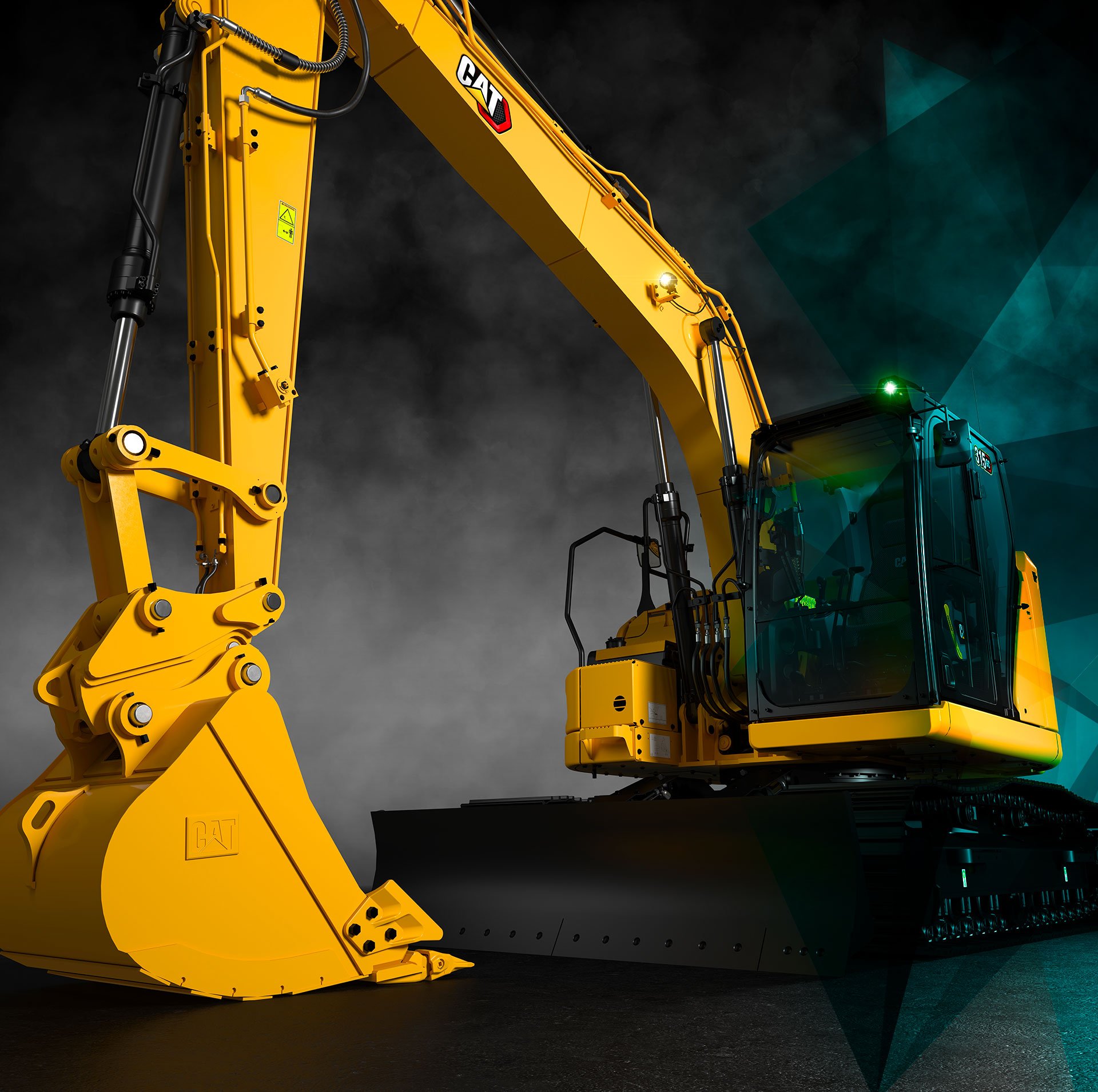
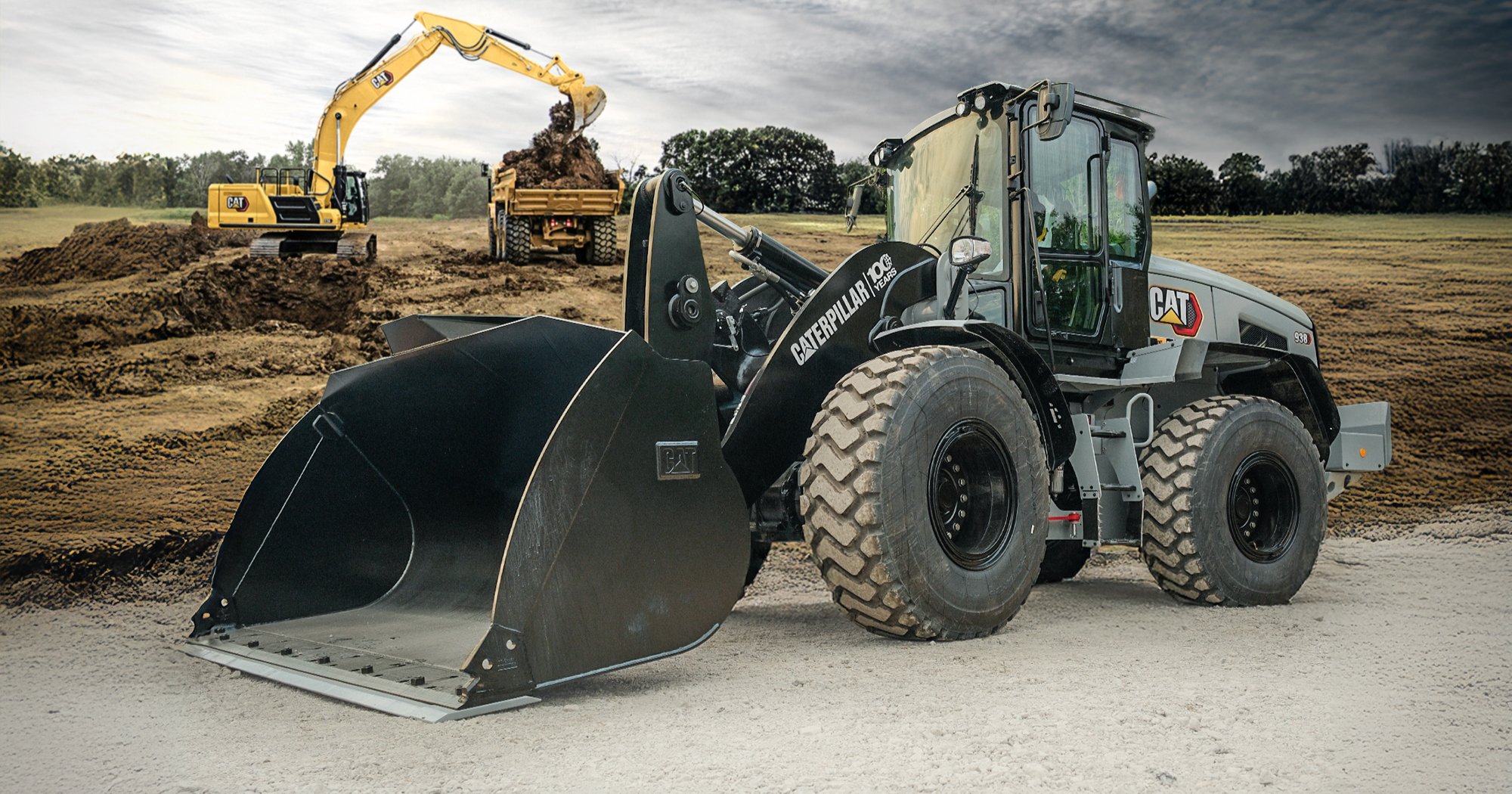

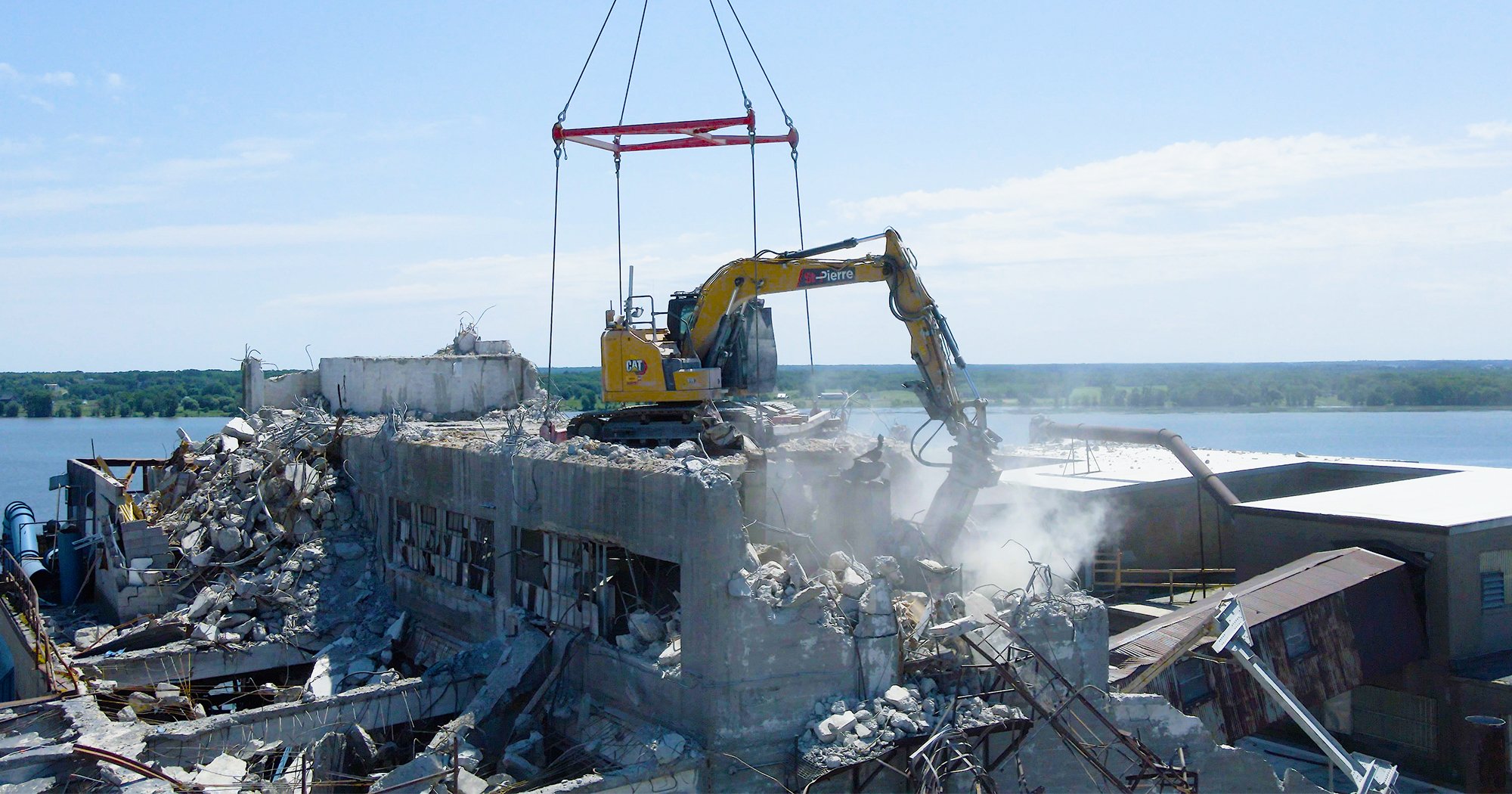
.png)
